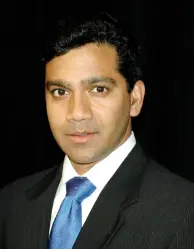

8:30 am EST - 5:15 pm EST
Past Event
8:30 am - 5:15 pm EST
Washington, DC
Fewer than 100 miles from the United States, Cuba is on the verge of a new era with challenges and opportunities for Cubans and Americans alike. Cuba after Fidel Castro may see a wide range of changes, including an end to international political and economic isolation. However, fundamental change within Cuba will depend on Cuba’s new leadership and whether it will afford the Cuban people individual freedoms and the needed economic reforms. Cuba’s ability to institute change, and the degree of the changes put in place, likely will determine how the United States will respond, if it even responds at all, with substantive policy engagement. U.S. policy-makers from both sides of the aisle and the American people have the power to influence and foster change during Cuba’s transition.
On February 6, the Brookings Institution hosted a conference to provide the insights critical to confronting the challenges and seizing opportunities as a new Cuba emerges. A distinguished panel of experts on Cuba and Latin American discussed whether Cuba’s leaders will be up to the challenge of managing the succession and beyond.
>> Read the uncorrected transcript:


Vanda Felbab-Brown
February 18, 2026

Henrietta Levin
February 13, 2026

Emily Markovich Morris, Richaa Hoysala
February 10, 2026